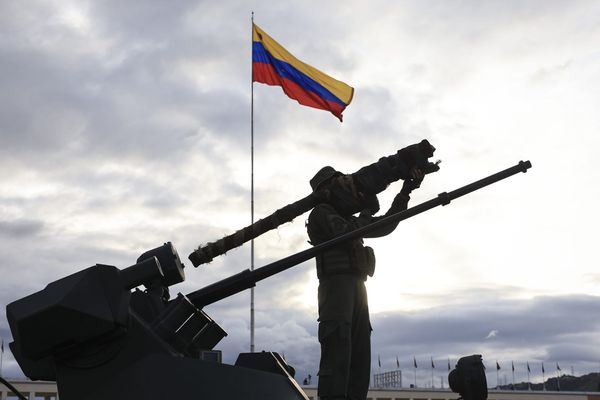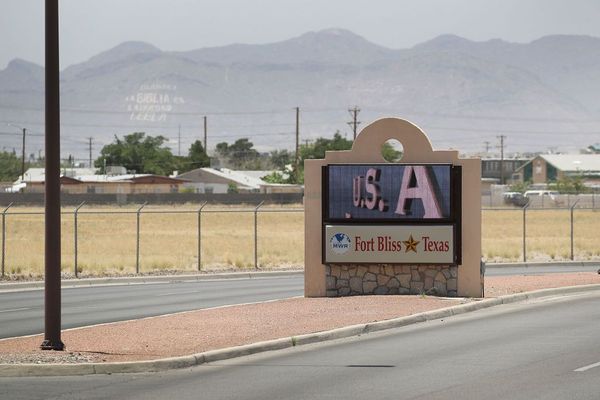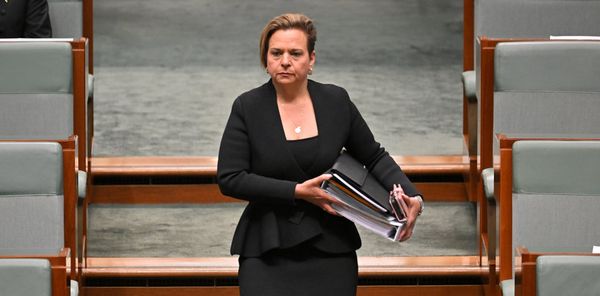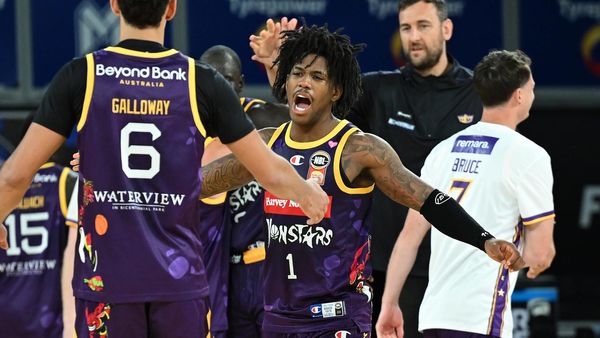
Keir Starmer has said the Gaza ceasefire deal “would not have happened without President Trump’s leadership”, but stopped short of endorsing the US president for a Nobel peace prize.
The prime minister said the first phase of the deal would be a “relief to the world” and that the UK had played its own role behind the scenes with the US and with negotiators.
Speaking on the final day of his trade visit to India, Starmer said the agreement “must now be implemented in full, without delay, and accompanied by the immediate lifting of all restrictions on life-saving humanitarian aid to Gaza”.
But asked if the Nobel prize committee should now give Trump the coveted prize, Starmer suggested that time was needed to know if a longer lasting peace could be achieved.
“What matters now is to press on and implement this … my focus now is moving this from the stage it’s at now … and make a success of this, because that matters to me more than anything else,” he told a press conference in Mumbai.
Starmer has hailed a number of deals sealed during his visit to India – his first time in the country – accompanied by 126 business leaders and cultural leaders. The visit marks the passing of the countries’ free trade agreement.
No 10 has announced a slew of investments, from fintech to university campuses, as well as the making of three Bollywood films in the UK. On Thursday, Starmer signed a defence deal worth £350m for UK missiles, manufactured in Northern Ireland, to be used by the Indian army.
“Our history together is deep, the human connections between our people are truly special,” Starmer said as he left Mumbai. “Building on our historic trade deal, we are remaking this partnership for our times.”
Starmer has spent time in Mumbai studying the Indian digital ID system, including meeting key figures who designed the widespread system used by more than 1 billion people for benefits, payments and identification.
The prime minister hinted that the UK was interested in broadening the scope of digital ID beyond making it mandatory to prove rights to work. He suggested the UK would eventually look at linking it to banking and payments systems – on a voluntary basis – as well as for administrative tasks such as mortgage and school applications.
“It’s been taken up on a voluntary basis [in India] in huge numbers, not least because it means that you can access your own money, make payments so much more easily than is available with others,” he said.
“The speed with which it allows citizens here to access services, particularly financial services, is something that was recognised in our discussions yesterday, and actually a Fintech discussion that we had today as well. So we’re looking at those examples of how digital ID helps individuals with the processes that sometimes take too long and are too cumbersome and makes them easier for them.”
Starmer acknowledged the government had to make the case for the reforms to the British public, which have plummeted in popularity since Starmer announced them.
“I think now we need to go out and make that case of the huge benefits … And I think that the more people see the benefits that come with this … as has happened in other countries, people say: ‘That will make my life easier,’ and therefore I want to get on with it,” he said.
Starmer has been welcomed to India with thousands of posters of himself plastered across the main streets and motorways of Mumbai. When he appeared on stage at a conference, Narendra Modi, the Indian prime minister, addressed him as his friend and praised him for having unblocked the trade deal.
Starmer said he had raised a number of difficult topics with the Indian premier regarding human rights and relations with Russia, though he appeared to have made little headway. Starmer confirmed that he and Modi discussed how India was continuing to buy Russian oil, which is subject to widespread western sanctions.
“For prime minister Modi and myself the focus on ending this conflict and the various steps will be taken to that end,” he said. “And that was a wide range of discussion, but we did set out the steps that we are taking in relation to energy.”
Starmer also said he had raised the case of the British Sikh activist Jagtar Singh Johal, from Dumbarton, who has been held in an Indian jail for nearly eight years without facing full trial. It is often cited as one of the worst examples of injustice among Britons still held abroad.
But Starmer did not suggest much progress had been made. “Yes, we did raise the consular cases,” he said. “We always raise them when we have the opportunity to do so. I should say that the foreign secretary is meeting the families in coming weeks, as well as raising it today.”
The prime minister is widely expected to take a similar trade-focused trip to China in the coming year as part of a mission to ease relations between the UK and China.
That relationship is under the spotlight because of the collapse of a Chinese spying case, said to have happened because the UK has been unwilling to provide fresh evidence that China is considered a threat.
Starmer said the UK was keen to pursue other trading relationships but said a trade deal with China was not on the agenda. “That’s not on our list, for a trade deal as such, but our position is to cooperate where we can, challenge where we must, and that’s been the consistent policy of the government in relation to China.”







